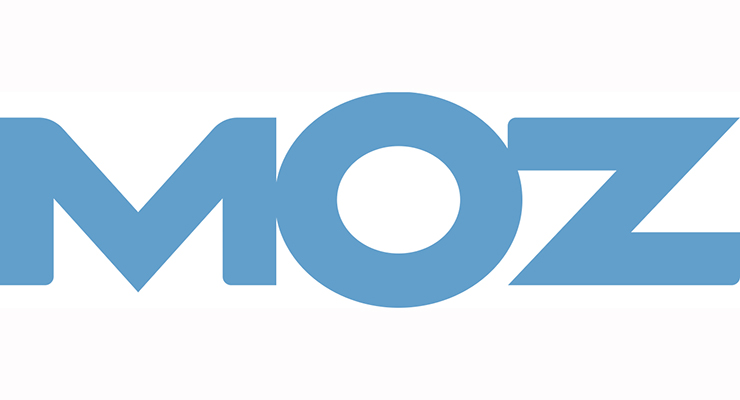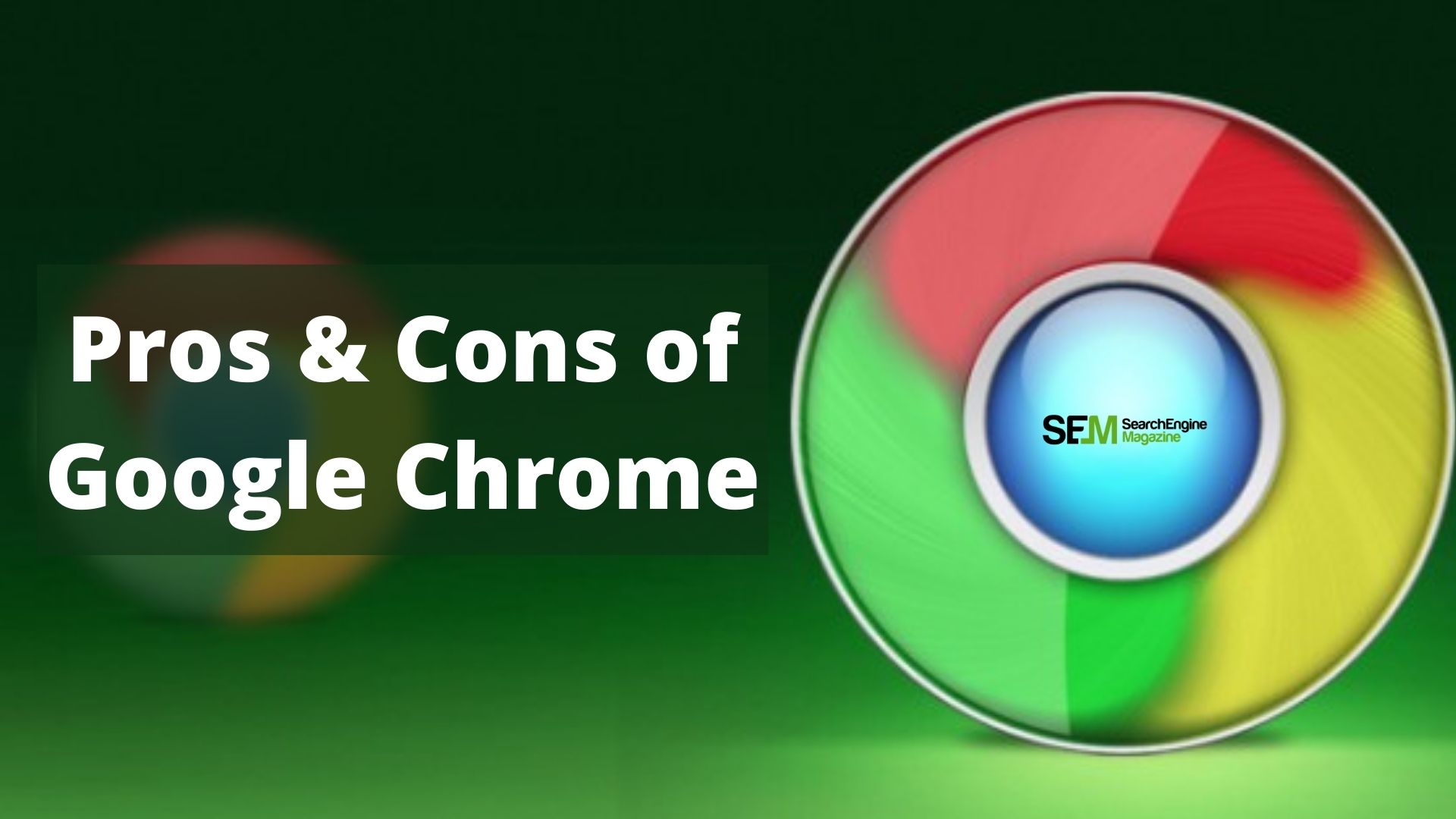New Software Name 8tshare6a: Is This File Managing Tool Worthy?
Oct 15, 2025

Oct 15, 2025

Oct 14, 2025

Oct 14, 2025

Oct 11, 2025

Oct 10, 2025

Oct 09, 2025

Oct 09, 2025

Oct 08, 2025
Sorry, but nothing matched your search "". Please try again with some different keywords.


Ever since the last few months, there had been a lot of chatter in the digital industry about famed metric analysis site, MOZ, changing one of it is most controversial, yet indispensable metrics, Domain Authority or DA, as we refer to it as.
In a release on its blog on 5 February 2019, Moz’s Principal Search Scientist, Russ Jones announced and explained to the world, albeit, non-conclusively, about the changed metrics, and how, going forward, Moz is going to analyze and rank websites. In other words, the measurement on which DA or Domain Authority was calculated was changed.
As mentioned, I, and many in the industry were waiting for the update, for quite a long time, anticipating it to happen, soon. As we run close to 50 content sites, each with a DA of over 40, we were watching the change closely.
At roughly 4 a.m. (Indian Standard Time), we received a call from one of our junior colleagues, saying the inevitable has happened, and that we should check out the damage. We rushed to our systems, only to see nearly all our sites, close way below the DA than they previously enjoyed.
This was a big blow to all of us, but in this chaos and frenzy, we realized some very important points. These points and observations will help you and others in the industry to better align sites, and Content Marketing and Link Building strategies for your businesses.
Many people will remember that Google used to provide us with an SEO tool of sorts called Google PageRank. Nearly everyone in the industry considered it as a benchmark when it came to ranking. However, after a long time, and many confusing articles later, Google killed PageRank, and the world was in dire need of an industry benchmark from which to calculate their efforts.
According to Moz, “Domain Authority (DA) is a search engine ranking score developed by Moz that predicts how well a website will rank on search engine result pages (SERPs). A Domain Authority score ranges from one to 100, with higher scores corresponding to a greater ability to rank.”
For people, who are new to SEO 101, DA calculated many factors within sites- the length of the article, keywords, links, site architecture, and several other factors. All these factors make DA from Moz one of the most reputed tools to measure rankings, no matter how much critics would like to disagree.
Source: vabulous.com
The answer to this question is both Yes and No! Yes, because there is no Google PageRank tool as it was earlier. Meaning you cannot load a URL into space, and Google will show you all the metrics as it did before.
No, because, many in the industry, including us, feel that Google still uses the metrics of analysis, it has just withdrawn the tool, but continues to rank and analyze websites according to the same parameters.
In the absence of Google PageRank, Moz, SERPs, Ahrefs, and others, created SEO tools that offered similar metrics and analysis. Your Digital Marketing Agency uses these three and other similar benchmarks to guide you as to where you stand on rankings.

Moz reads Google analytics like your grandfather religiously follows the news! No pun intended. They noticed a change, an adjustment in how Google reads contents, crawls websites and calculates metrics.
In many ways, I have concluded, after a lot of analysis with my peers from the industry that the changed metrics for DA calculations have gone back to intended results. What this means is that changing DA, along with altering your website’s ranking is in keeping with the new wave of being transparent, credible, and accessible to all!
Every business, when it is conceived and conceptualized, has a core idea at its heart. Over time, that idea is moderated, influenced by many factors, and strays away from its core reason for inception. When Google was conceived, it wanted to be the most accessible and credible voice in the world. However, somewhere down the line, it got lost.
How we perceived content and content sites as information portals were transformed into sites, which offered link-building facilities for brands and missed creating content. Neil Patel says that there are over 5 Billion Blogs on the web! The number may sound astounding; however, what is the purpose of all those blogs?
The content was created on the web to serve a purpose- a useful, credible and intelligent source of information. It was not conceived to be linked to content websites, which would work on behalf of brands, and force people into buying insurance they did not need, or holidays that they could not afford to pay for.
I might be sounding harsh, but somewhere down the line, we lost credibility. We became companies and people who wanted commerce and economics and finances. Content creation lost out to link building. We just started creating content just for the heck of it.
A question that I often ask people who write content in my office is why are you writing it? What is the purpose? Will you read your content and be ever convinced to click on the link at the end and buy the product or service that is advertised?
Almost all the writers barring a few will say no, we will not be convinced enough to click on the link and go to the brand’s page. If a content piece is not convincing enough, whom are we trying to convince? Moreover, why are we adding links, when we know that there is little chance of it actually translating into sales?
As we have mentioned before, there is a concerted attempt on the part of billion-dollar tech brands to make their operations credible and legitimate. Facebook was embroiled in a lot of controversies, over the Cambridge Analytics Scandal, and rectified itself and its sister platforms, like Instagram and WhatsApp, through Data Privacy.
Likewise, Google too has started with a change right at the top, with Sundar Pichai, its CEO, speaking about better information building, credibility and Google’s pro-people policies at his testimony in front of the Congress. This signifies a huge change in the internet world, as we know it.
If people have stopped fretting over their sites’ DA rank dropping to abysmally low levels, this section will tell you how to rectify it. For starters, we need to not panic and understand the worthiness of our business. This is a step in the original direction, and many of you, who have spent nearly ten years in the industry, would reconnect with-

Your content needs to be credible, it needs to be of at least 2000 words, be original, drafted into proper sections, with proper sub-headings. It needs to be SEO friendly. In a word, credible content will translate into credible links, which in turn will translate into more people clicking on them, which in turn will translate into the brand getting better rankings and sales conversions.
I often see brands and freelancers scouring the web as zombies advertise for 300-word articles. Let me tell you just one thing, with the new DA changes, Google and Moz (along with others) will start considering these as spam and junk! Sorry for the harsh words, but this is true.
If Google starts considering your 300-word article as spam or junk, it will also consider your links to be bad, and the losses will be on multiple fronts. Your content sites’ DA will drop, and the links of your client’s brand will get affected. With the new DA changes, the algorithms have started affecting the entire content and link building eco-system.

Google is no police officer; it will not tell you have been caught, but it will impose a severe penalty from the background. We need to be strategic and careful when indulging in link building activities. Every article that carries a link of a lesser client should try to integrate an external link from an authority page. This way, you balance out the algorithm and create credible links.

Great writers make great content pieces. They create original, authentic and convincing articles, listicles, tutorials, and several other content formats. Good writers should be the foundation on which you should build your Content Marketing Company.
Companies or clients do not vet writers when they are taken on board. ‘We just need to create 300-400 word content pieces, how difficult can that be?’– If you have this mentality and thought process, chances are you would further drop on the DA rankings!
Content sites that offer publishing services are often given created content pieces, which just need to be published. They do not check how good it is or not, where are the links redirecting to, and have practically no control over the quality of content going on their sites.
These businesses are the ones who stand to lose the most when it comes to changed DA metrics. Every content site needs to have its own guidelines, quality checks, and other stringent mechanisms in place. If you have been sent a content piece, check for its worthiness, whether it is original or not, whether it has a specified word count, where the links are leading to, and other things.
We feel that a start has been made in the direction that will over a period fundamentally alter the digital landscape and affect businesses, agencies, and companies. This will affect many digital verticals like Content Marketing, SEO Services, Social Media Marketing, and others.
People fear that this new change is going to have adverse reactions to businesses. If we do not adapt to the change, our businesses and we will continue to drop further in rankings. We need to go back to how it all started, and what was the intention behind it all.
Giving better services, information, non-plagiarised content, credibility and trust will ensure that we continue to do well and rank well in the changing scenarios. We are also working on a small pilot project that we will publish as a ‘Case-Study’, sometime later this month, showing how our best practices have transformed some of our sites into better-performing ones.
At the end of the day, Google wants us to move away from just metrics and economics. It wants an organic appeal, organic information, organic links, and an overall organic digital ecosystem.
Google is working to ensure, (and we feel Moz is also doing the same) that the digital ecosystem is not under the control of link sellers, link buyers, comment spammers, link island networks, and other people and institutions manipulating the ethics of the digital industry.
Read Also:
Featured Image: streetfightmag.com
Ejaz Ahmed is the Chief Operating Officer at Viacon Marketing and Technologies Pvt Ltd. When he is not building strategies to boost his company’s revenues or firefighting team troubles, he can be seen taking a keen interest in pet parenting. Being a first-time dog parent of an adorable five-year-old English Labrador Retriever, he has direct experience of navigating the troubles that new pet owners go through. From food habits to grooming needs to vet checks, he is committed to share his experiences along with sharing valuable tips and tricks to help other dogs lead a happy, healthy and prosperous life.
View all Posts
New Software Name 8tshare6a: Is This File Man...
Oct 15, 2025
Try Without Personalisation: Is This Google S...
Oct 14, 2025
5 Top Financing Strategies For CRE Investors ...
Oct 14, 2025
How To Buy Backlinks Online To Increase Marke...
Oct 11, 2025
SEO Agency In Australia UploadArticle: Is Thi...
Oct 10, 2025

